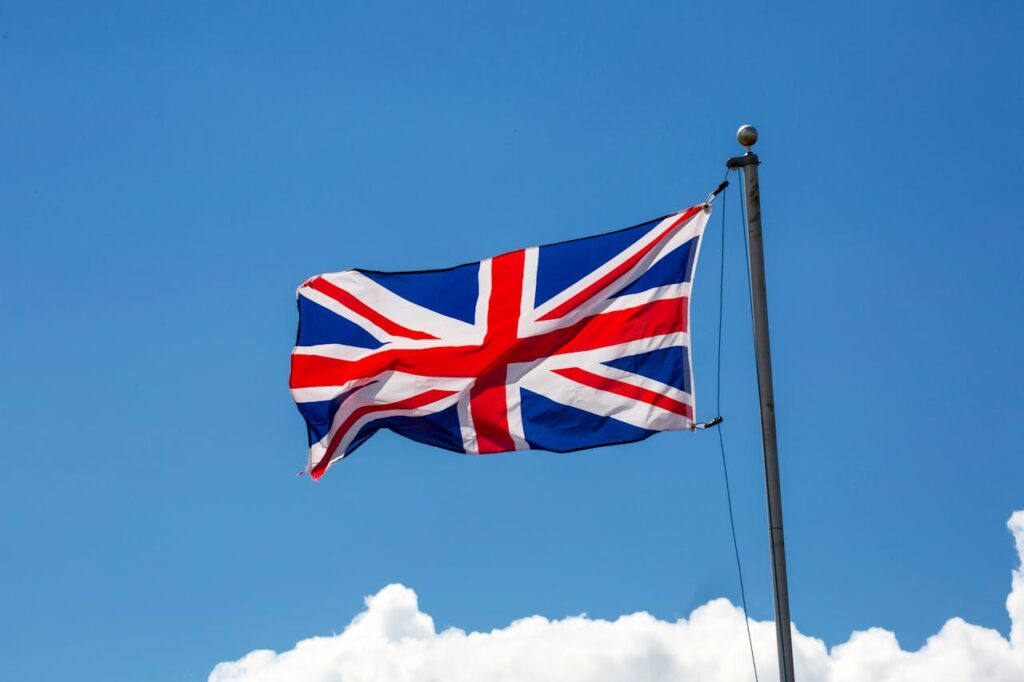UK trade policy has moved from putting Brexit into effect in 2020, to CPTPP in 2024 and EDP in 2025.
The Brexit gave the United Kingdom the possibility to negotiate its own free trade agreements with countries such as the United States or Japan, without relying on the consensus of the 27 members of the European Union.
Just one year after Brexit, the United Kingdom formally applied to join CPTPP. After a process of negotiations, it achieved membership on December 15, 2024.
The United Kingdom has redesigned its strategy towards the Indo-Pacific. Its aim is to open up new markets, attract investment and reduce dependence on traditional markets. To achieve this, it has opted to diversify supply chains and strengthen economic connectivity.
At the same time, it has reinforced its diplomatic and military presence in the region. In addition, it has signed free trade agreements with Indo-Pacific countries. As part of this offensive, it has also become a dialogue partner of ASEAN.
UK trade policy
The United Kingdom decided to break with the European Union in 2020. Although it was a member of the bloc, it never adopted the euro as its currency. Its exit, known as Brexit, marked a historic turning point.
As one of Europe’s largest economies, its withdrawal had immediate consequences. It changed the political balance of the continent. It also generated economic uncertainty and affected regional trade.
More recently, U.S. President Donald Trump gave the green light to the implementation of the ADP (Economic Prosperity Agreement with the United Kingdom). The pact was signed on May 8, 2025. It redefines bilateral trade in relevant sectors.
The agreement imposes a 25% tariff on steel, aluminum and its derivatives from the United Kingdom. However, it provides for its progressive elimination. Through duty-free quotas, both countries seek to alleviate trade tensions. In the case of automobiles, the tariff would drop from 25 to 10 percent.
In exchange, the United Kingdom committed to strengthen security in its supply chains. It will also have to ensure transparency in the ownership of production plants. Washington, for its part, will offer a quota with most-favored-nation tariffs on certain metal products.
Both parties will also begin negotiations to facilitate trade in pharmaceutical products. The United Kingdom assured that it will improve the regulatory environment to attract investment in the sector.
International trade
The United Kingdom ranked 14th among the world’s largest exporters of goods in 2024, at $513 billion and up 2 percent year-on-year.
Conversely, the country was the fourth largest global importer of goods, at $816 billion, up 3 percent over 2023.
In terms of its commercial services trade with the world, the United Kingdom ranked second as an exporter ($645 billion) and fifth as an importer ($399 billion). In both cases, according to WTO data, there was year-on-year growth of 11%.

